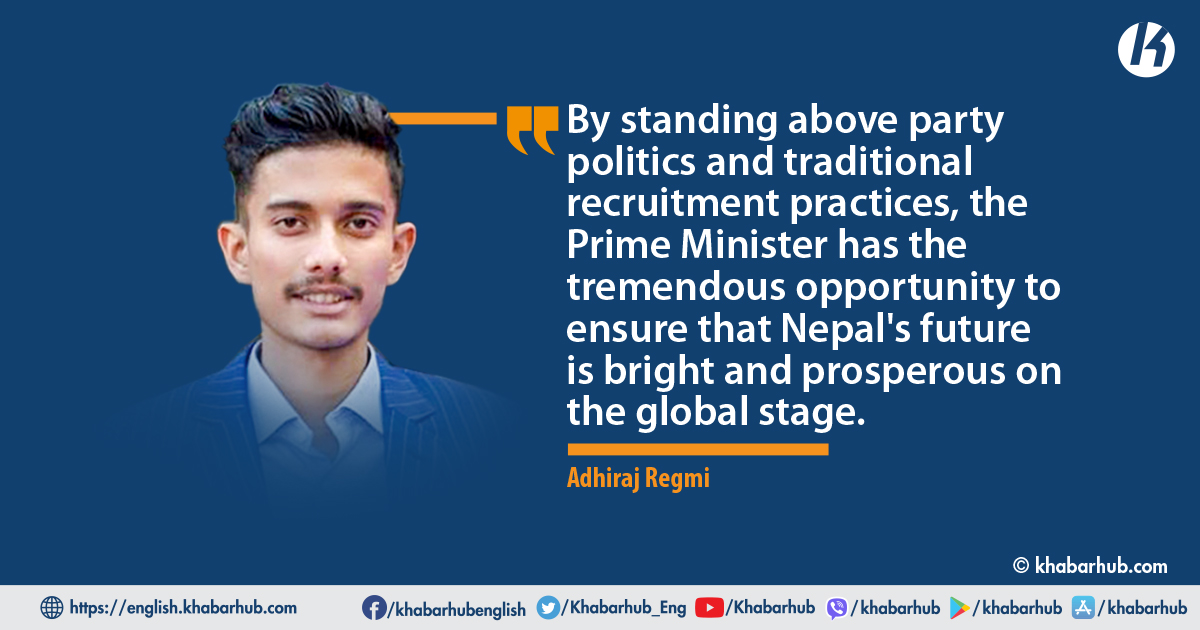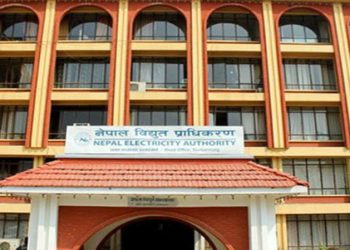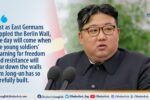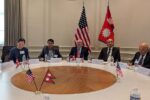The political landscape in Nepal is abuzz with anticipation and speculation following the recent vote of confidence received by Prime Minister Pushpa Kamal Dahal, marking his second successful bid for the premier position.
As we wait with bated breath for the unveiling of the new cabinet, it is clear that Prime Minister Dahal faces a significant and multifaceted task.
With the world grappling with a range of complex and far-reaching geopolitical challenges, Nepal must ensure that its foreign policy is in capable hands, led by a strong and visionary foreign minister who can effectively safeguard the country’s interests and navigate the intricate nuances of global diplomacy.
Why is Nepal’s need for a robust and energetic foreign minister paramount?” This is a crucial question that merits our immediate attention, particularly in light of the current global geopolitical climate.
Nepal is situated in one of the most strategically significant regions in the world, making it imperative to have a foreign minister who can capably represent its interests on the global stage.
A dynamic and resolute foreign minister can play a pivotal role in shaping Nepal’s foreign policy, promoting its economic interests, and safeguarding its sovereignty.
Similarly, Nepal’s burgeoning economic and strategic engagement with China has raised concerns about its sovereignty and debt sustainability.
In recent times, India’s foreign minister, Dr. S. Jaishankar, has emerged as one of the most dynamic and influential foreign policy figures globally.
He has played a critical role in shaping India’s foreign policy, fortifying its relationships with key global players, and advocating for India’s interests in international forums.
His astute approach has earned him respect and admiration globally, making him a symbol of India’s rising power on the world stage.
In contrast, Nepal’s foreign policy has been faulted for being reactive rather than proactive, lacking direction and vision.
Nepal’s foreign policy has largely focused on maintaining a precarious balance between India and China, two of the world’s most significant powers.
Although this strategy has proven effective in the past, Nepal now requires a more proactive and dynamic foreign policy approach to capitalize on emerging opportunities and navigate complex geopolitical challenges.
A persuasive and articulate foreign minister can help Nepal attain these goals by leading the country’s endeavors to engage with the global community, promoting its economic interests, and safeguarding its sovereignty.
For instance, Nepal is currently facing significant economic hurdles, including high levels of poverty, a substantial trade deficit, and inadequate infrastructure.
A strong and dynamic foreign minister can help Nepal attract foreign investment, negotiate favorable trade agreements, and promote Nepal’s business-friendly policies to the global community.
Nepal urgently needs a robust and energetic foreign minister who can help the country navigate complex geopolitical challenges, promote its economic interests, and safeguard its sovereignty.
Moreover, Nepal is grappling with several geopolitical challenges that necessitate a more proactive and dynamic foreign policy approach.
For instance, Nepal’s relationship with India strains time and again, with India being accused of interfering in Nepal’s internal affairs.
Similarly, Nepal’s burgeoning economic and strategic engagement with China has raised concerns about its sovereignty and debt sustainability.
A robust and energetic foreign minister can help Nepal navigate these challenges by promoting Nepal’s interests and concerns, forging strategic alliances with like-minded countries, and effectively communicating Nepal’s policy positions to the global community.
Additionally, a strong and dynamic foreign minister can help Nepal play a more active and influential role in regional and global forums.
For instance, Nepal is a member of the United Nations, the South Asian Association for Regional Cooperation (SAARC), and the Bay of Bengal Initiative for Multi-Sectoral Technical and Economic Cooperation (BIMSTEC).
These organizations present significant opportunities for Nepal to play an active and influential role in shaping regional and global policies.
A strong and dynamic foreign minister can help Nepal leverage these opportunities by promoting Nepal’s interests, building alliances with other member countries, and advocating for policies that benefit Nepal and the wider region.
Moreover, Nepal’s foreign policy must also address the global challenges that the country faces. Climate change, migration, and human rights issues are all critical challenges that require international cooperation and coordinated action.
An efficient foreign minister can lead Nepal’s efforts in these areas by promoting Nepal’s expertise in managing natural disasters and climate change, advocating for the rights of Nepali migrants abroad, and promoting Nepal’s leadership role in human rights issues, including the rights of marginalized and vulnerable groups.
By standing above party politics and traditional recruitment practices, the Prime Minister has the tremendous opportunity to ensure that Nepal’s future is bright and prosperous on the global stage.
Nepal urgently needs a robust and energetic foreign minister who can help the country navigate complex geopolitical challenges, promote its economic interests, and safeguard its sovereignty.
A strong and dynamic foreign minister can help Nepal play a more active and influential role on the global stage, forging strategic alliances with like-minded countries and promoting policies that benefit Nepal and the wider region.
As we aspire to be a key player in the region and beyond, it is time for Nepal to invest in building a strong foreign ministry that can lead Nepal’s efforts to engage with the global community.
The recent developments in the global geopolitical landscape have shown that countries with dynamic and influential foreign ministers can significantly influence global policies and shape the global agenda.
Let’s hope that the Prime Minister will prioritize the appointment of a capable and visionary foreign minister who can lead Nepal’s efforts to engage with the global community and shape its foreign policy.
By standing above party politics and traditional recruitment practices, the Prime Minister has the tremendous opportunity to ensure that Nepal’s future is bright and prosperous on the global stage.









Comment